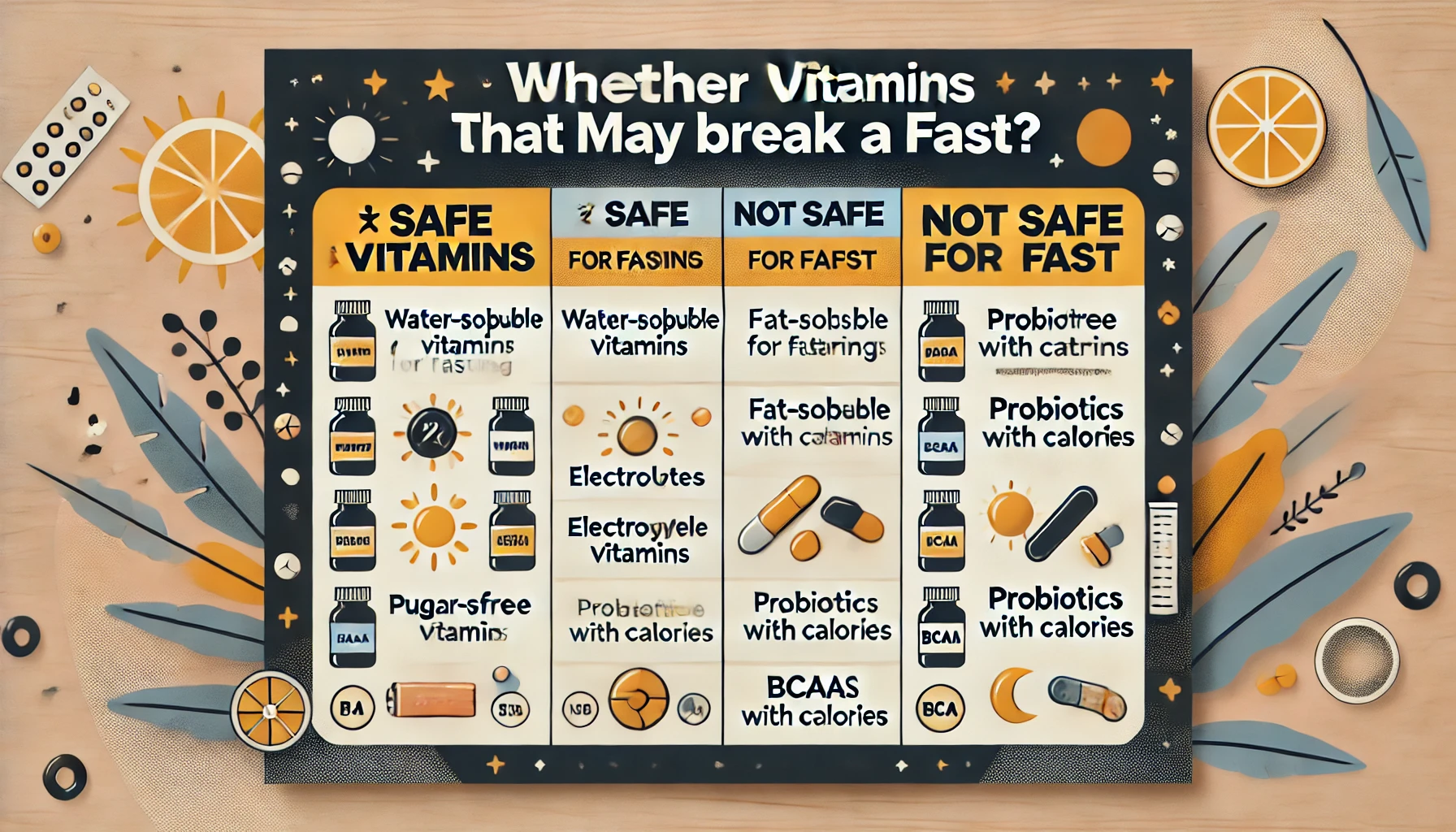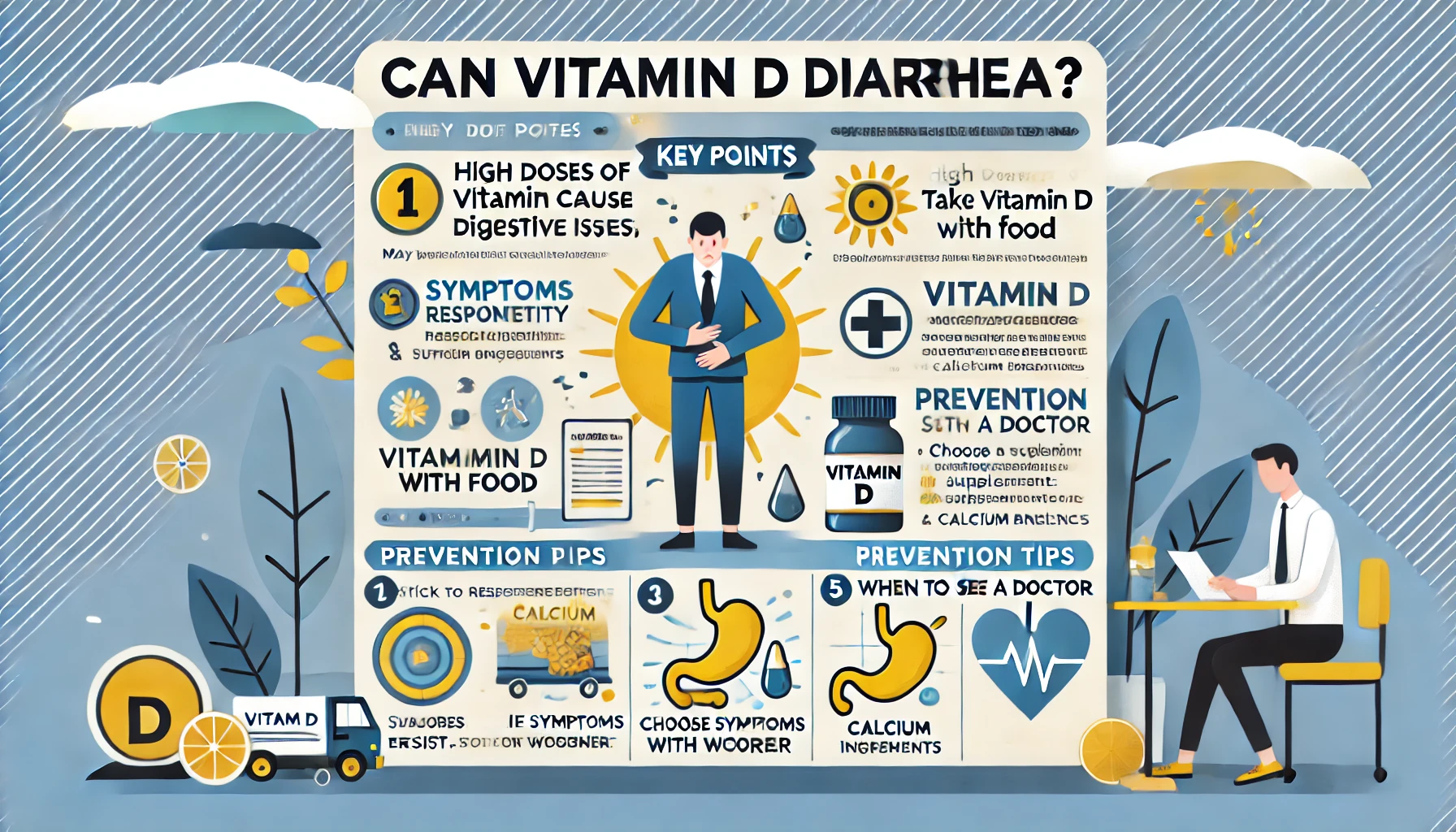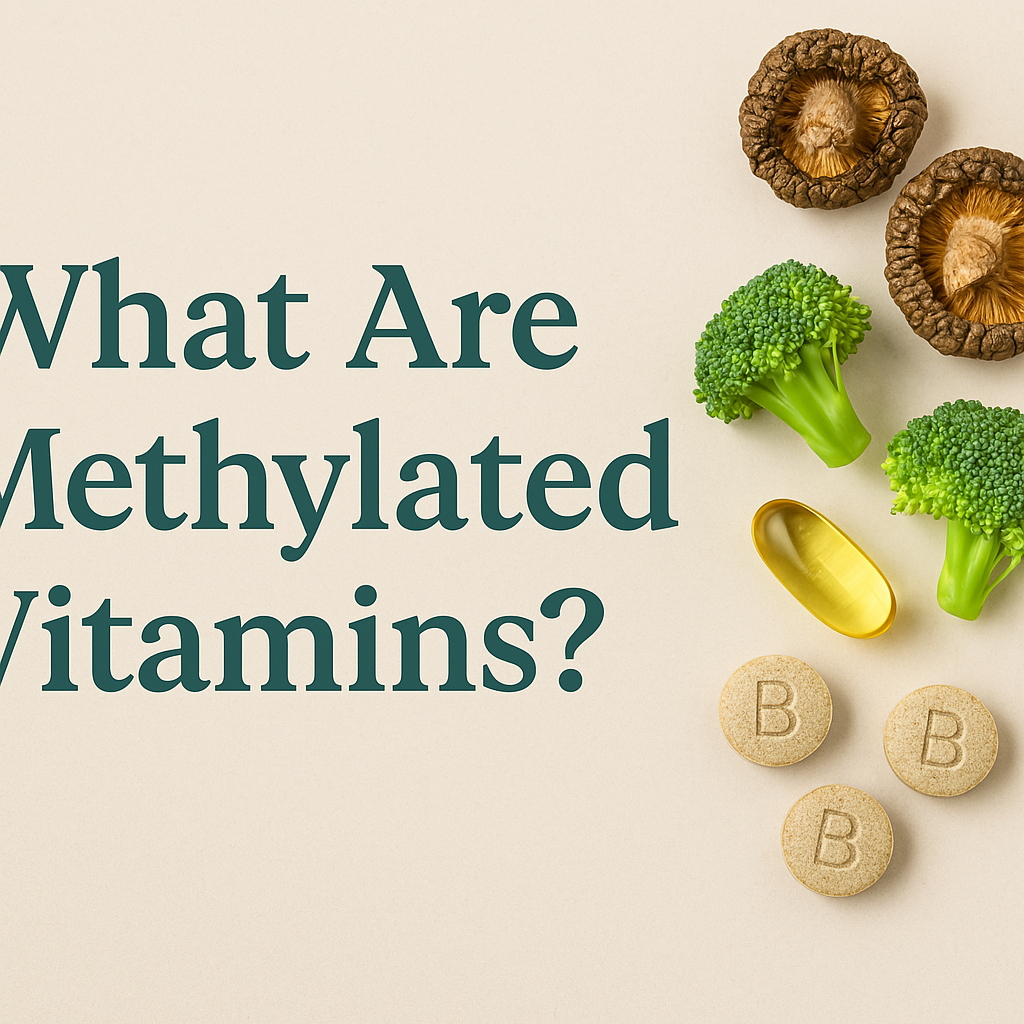
Do Vitamins Break A Fast – A Detailed Overview!
March 24, 2025
Can Vitamin D Cause Diarrhea – A Detailed Overview!
March 26, 2025Prenatal vitamins are designed to support pregnant women by providing essential nutrients for a developing baby. But many people who are not pregnant also take prenatal vitamins, hoping to improve their hair, skin, and overall health. But is it safe? And what are the side effects of taking prenatal vitamins when not pregnant?
While prenatal vitamins can be beneficial in some cases, they can also cause unwanted side effects if your body does not need the extra nutrients. In this article, I’ll explain the potential risks of taking prenatal vitamins when you’re not pregnant, who might benefit from them, and better alternatives for non-pregnant individuals.
Why Do People Take Prenatal Vitamins When Not Pregnant?

Prenatal vitamins contain higher amounts of folic acid, iron, and other essential nutrients to support a healthy pregnancy. However, some people take them even if they are not pregnant for reasons such as:
✔ Hair and nail growth – Prenatal vitamins are often linked to stronger hair and nails due to the high biotin and folic acid content.
✔ Skin health – Some believe the extra nutrients improve skin texture and glow.
✔ Energy boost – The iron and B vitamins in prenatal vitamins can help fight fatigue.
✔ Nutrient deficiency prevention – Some people think prenatal vitamins are a good way to ensure they get enough vitamins.
However, taking prenatal vitamins when not pregnant is not always necessary and can lead to unwanted side effects.
Side Effects of Prenatal Vitamins When Not Pregnant
If you take prenatal vitamins without needing them, you may experience nutrient imbalances and other side effects. Here are the most common risks:
1. Too Much Iron Can Cause Health Issues
Prenatal vitamins contain higher levels of iron because pregnant women need more iron for the baby’s growth. However, too much iron in non-pregnant individuals can cause:
❌ Constipation and stomach discomfort
❌ Nausea and vomiting
❌ Iron toxicity (in extreme cases)
💡 Who should avoid extra iron? If you are not anemic, taking extra iron can cause more harm than good.
2. Excess Folic Acid May Hide a Vitamin B12 Deficiency
Prenatal vitamins contain higher amounts of folic acid to prevent birth defects in babies. However, too much folic acid in non-pregnant people can:
❌ Mask vitamin B12 deficiency, which can lead to nerve damage
❌ Cause digestive issues like bloating and nausea
❌ Increase the risk of cognitive issues if overconsumed
💡 Who needs less folic acid? If you eat a balanced diet rich in greens, you likely get enough folate from food.
3. Risk of Vitamin Overload
If you are already eating a balanced diet, adding prenatal vitamins may cause an overdose of certain nutrients, leading to:
❌ Headaches, dizziness, or nausea
❌ Toxicity from excessive fat-soluble vitamins (A, D, E, K)
❌ Unbalanced nutrient intake
💡 Who is at risk? If you take other vitamin supplements, adding prenatal vitamins may push you over the safe limit.
4. May Lead to Unnecessary Weight Gain
Some people report increased appetite when taking prenatal vitamins, possibly due to higher levels of iron and B vitamins, which support red blood cell production. This can lead to unwanted weight gain over time.
💡 Who should be cautious? If you’re maintaining or losing weight, unnecessary prenatal vitamins may disrupt your goals.
5. Can Cause Acne Breakouts
Some women experience hormonal acne breakouts when taking prenatal vitamins. This could be due to:
❌ High levels of biotin (which may increase oil production)
❌ Hormonal shifts triggered by extra nutrients
💡 Who is affected? If you have oily or acne-prone skin, be cautious about prenatal vitamins with high biotin content.
6. Can Upset Your Stomach
Prenatal vitamins are stronger than regular multivitamins, and for non-pregnant individuals, this may lead to:
❌ Nausea and bloating
❌ Indigestion and acid reflux
❌ Constipation (due to iron content)
💡 How to prevent this? If you still want to take them, choose a prenatal vitamin without iron to reduce stomach issues.
Who Might Benefit from Prenatal Vitamins When Not Pregnant?
While prenatal vitamins are not necessary for everyone, some non-pregnant individuals may benefit from them in certain cases:
✔ Women planning to conceive soon – If you are trying to get pregnant, prenatal vitamins can help prepare your body for pregnancy.
✔ Women with heavy periods – If you have heavy menstrual bleeding, you may need extra iron to prevent anemia.
✔ People with nutrient deficiencies – If your doctor diagnoses low folic acid or iron levels, a prenatal vitamin may help.
✔ Vegetarians and vegans – Some plant-based diets may lack iron, B12, or folate, which prenatal vitamins provide.
However, for most non-pregnant individuals, a regular multivitamin or a diet rich in whole foods is a better option.
Also Read: Do Vitamins Break A Fast – A Detailed Overview!
Better Alternatives to Prenatal Vitamins for Non-Pregnant People
If you want the benefits of prenatal vitamins without the risks, consider these alternatives:
✔ For Hair and Skin: Take a biotin supplement or a standard hair, skin, and nails vitamin instead of prenatal vitamins.
✔ For Energy and Iron: If you feel fatigued, check with your doctor and take an iron supplement only if needed.
✔ For Overall Health: Instead of prenatal vitamins, choose a regular multivitamin designed for your age and gender.
✔ For Folic Acid: If you’re not pregnant but need folic acid, a lower-dose folic acid supplement (400 mcg) is a safer option.
FAQ’s
1. Can taking prenatal vitamins when not pregnant cause weight gain?
Prenatal vitamins do not directly cause weight gain, but they can increase appetite due to their high iron and B-vitamin content. Some people may eat more without realizing it, leading to weight gain over time.
2. Is it safe to take prenatal vitamins daily if I’m not pregnant?
Taking them occasionally is not harmful, but regular use without medical need can lead to excess nutrients, such as too much iron or folic acid, which may cause health issues. It’s best to take them only if recommended by a doctor.
3. Can prenatal vitamins improve hair and skin health?
Prenatal vitamins contain biotin, folic acid, and other nutrients that support hair and skin health. However, if you’re not pregnant, a regular hair, skin, and nails supplement is a safer alternative without the risk of excess iron or folic acid.
4. What happens if a man takes prenatal vitamins?
Men who take prenatal vitamins may get unnecessary levels of iron and folic acid, which can lead to digestive issues, iron overload, and potential hormone imbalances. Men should opt for multivitamins designed for their specific needs.
5. How do I know if I should take prenatal vitamins when not pregnant?
If you have a diagnosed iron deficiency, folic acid deficiency, or heavy periods, your doctor may recommend prenatal vitamins. Otherwise, a balanced diet or a regular multivitamin is usually sufficient. Always consult a healthcare provider before taking them unnecessarily.
Conclusion: Should You Take Prenatal Vitamins If You’re Not Pregnant?
Prenatal vitamins are designed for pregnant women, but some people take them for hair, skin, and energy benefits. However, they are not necessary for non-pregnant individuals unless prescribed by a doctor. These vitamins contain high levels of iron, folic acid, and other nutrients, which can cause side effects like nausea, constipation, vitamin overload, and acne if taken unnecessarily. It’s best to use them only if you have a medical need, such as anemia or a nutrient deficiency. If you want similar benefits, a regular multivitamin or targeted supplements are safer options. Always consult your doctor before starting any new supplement.




